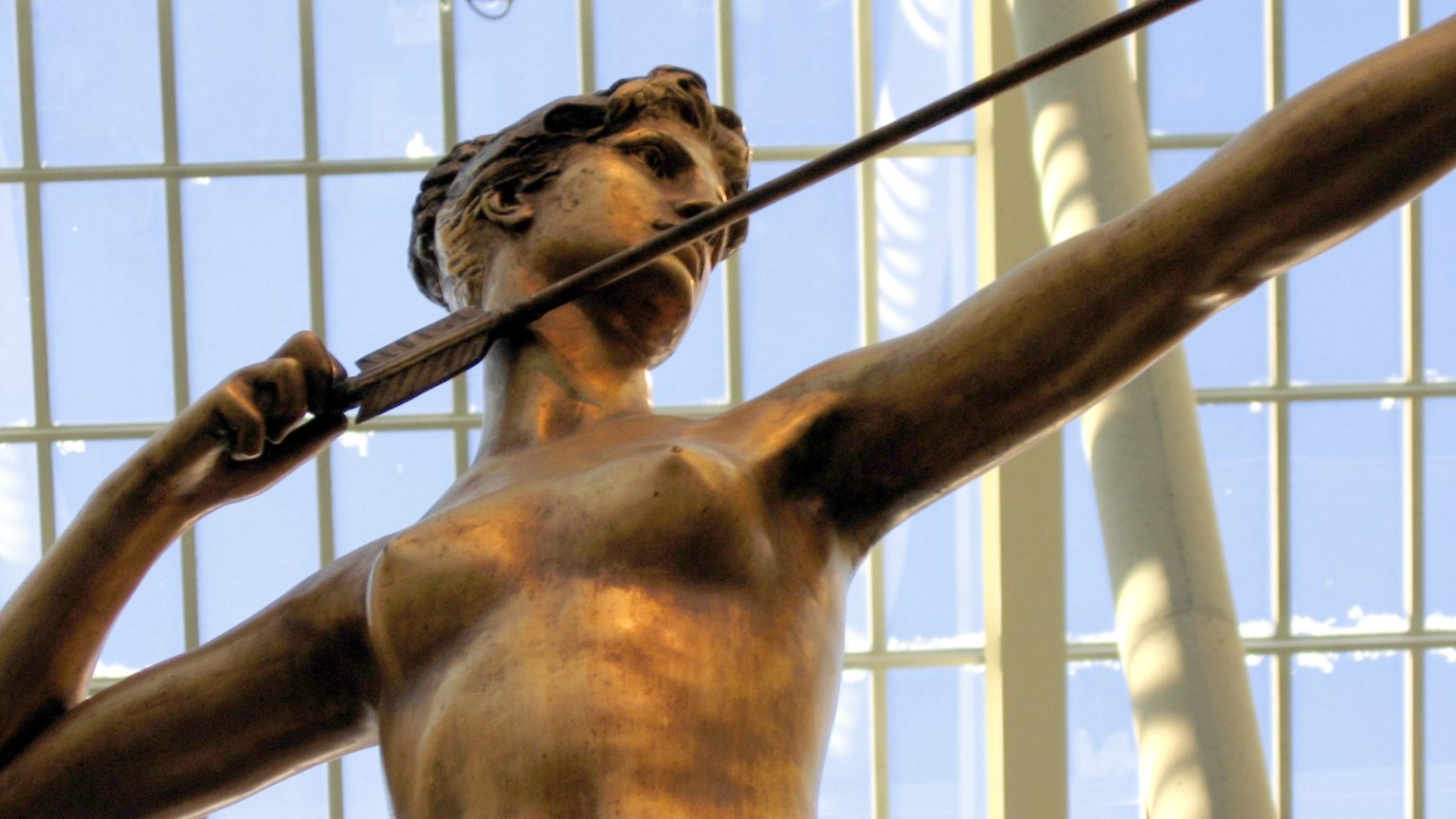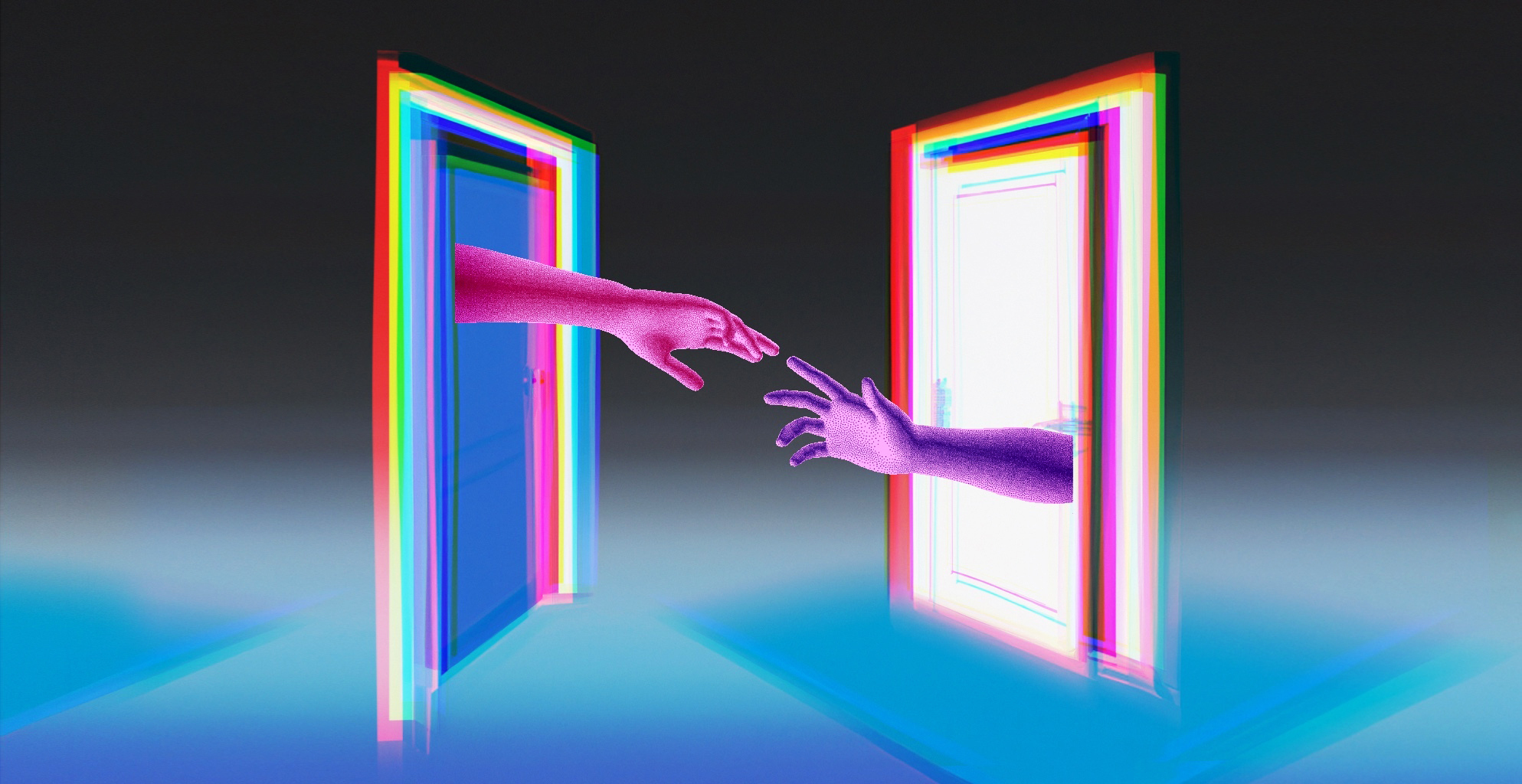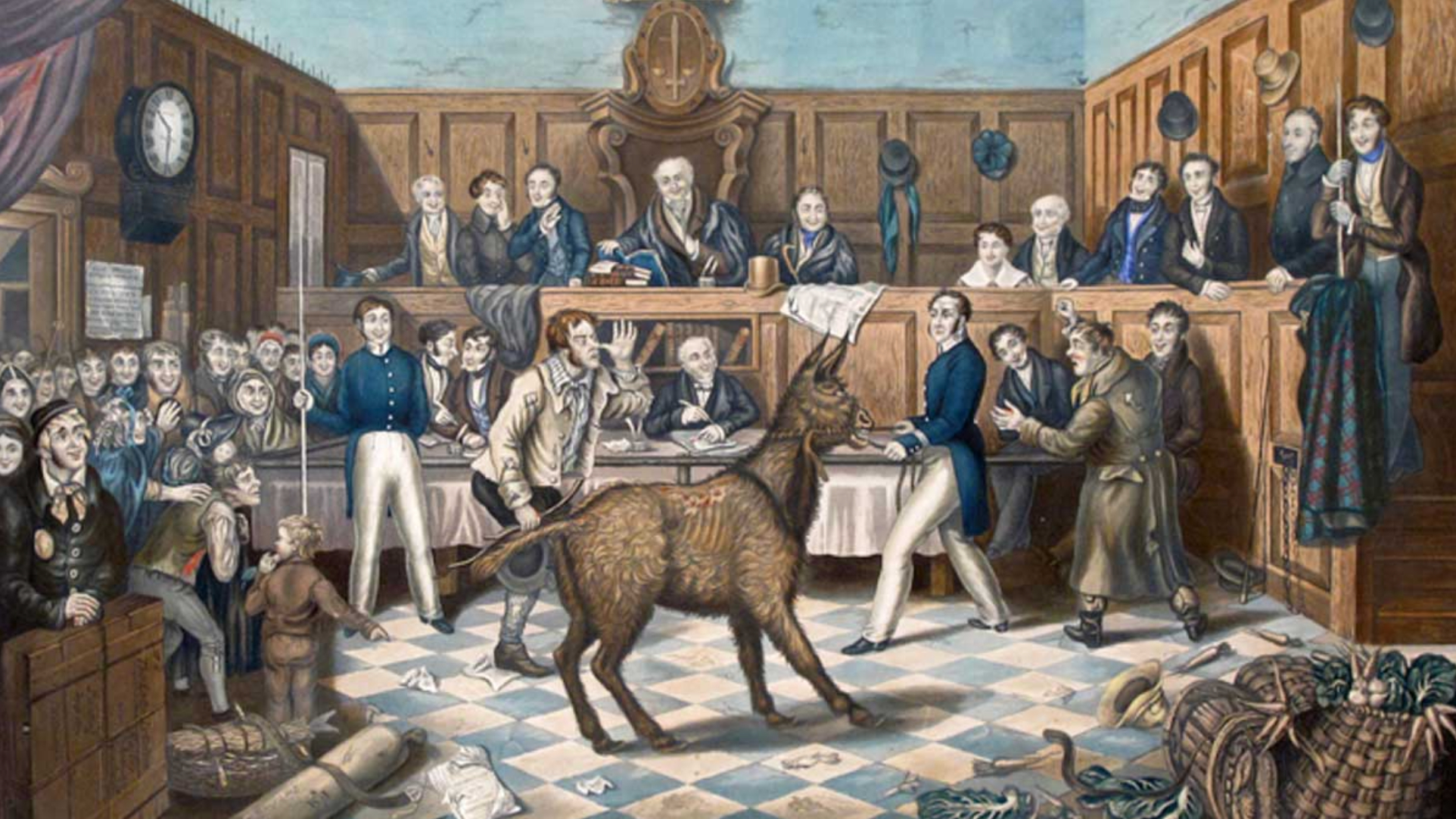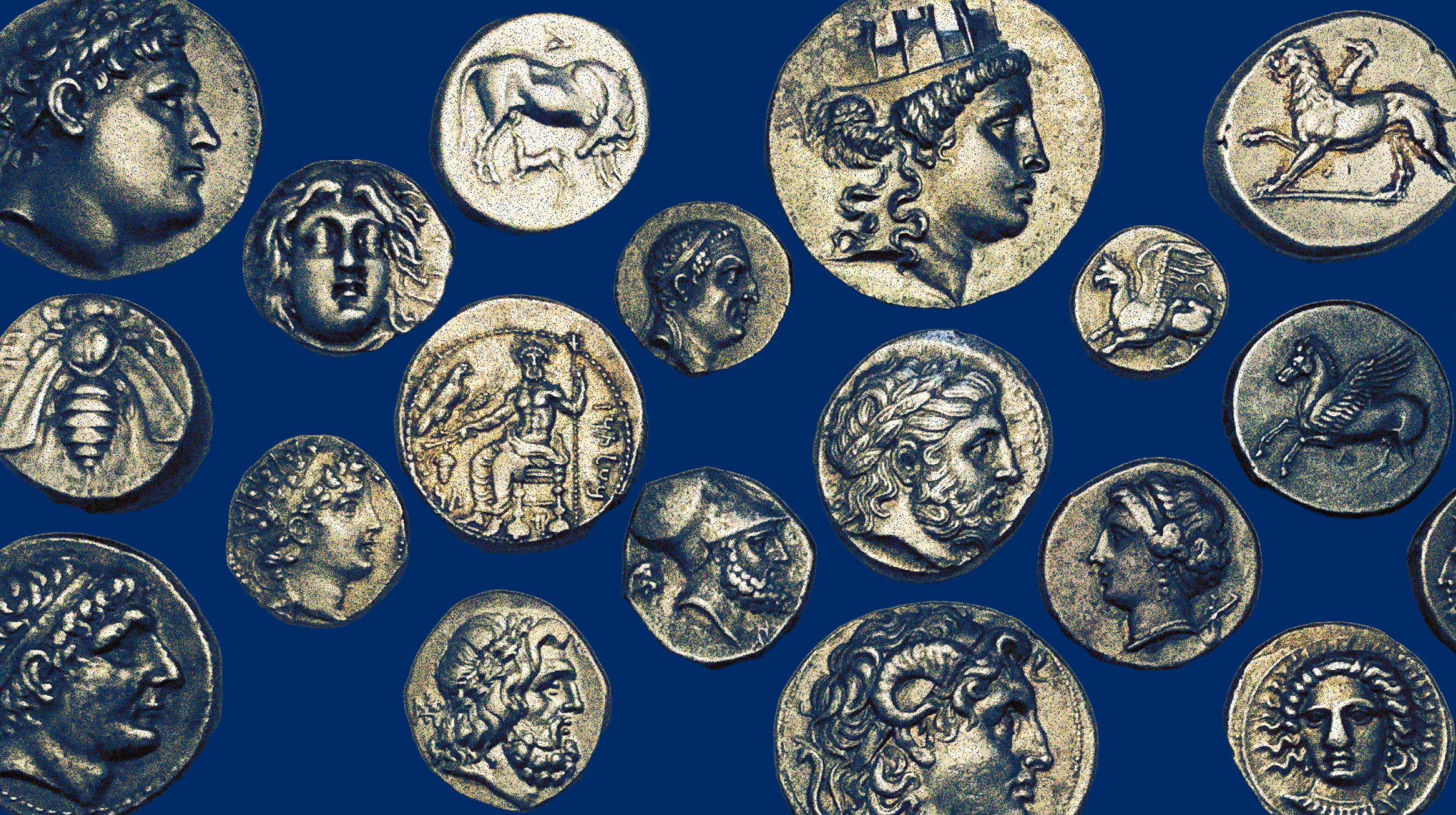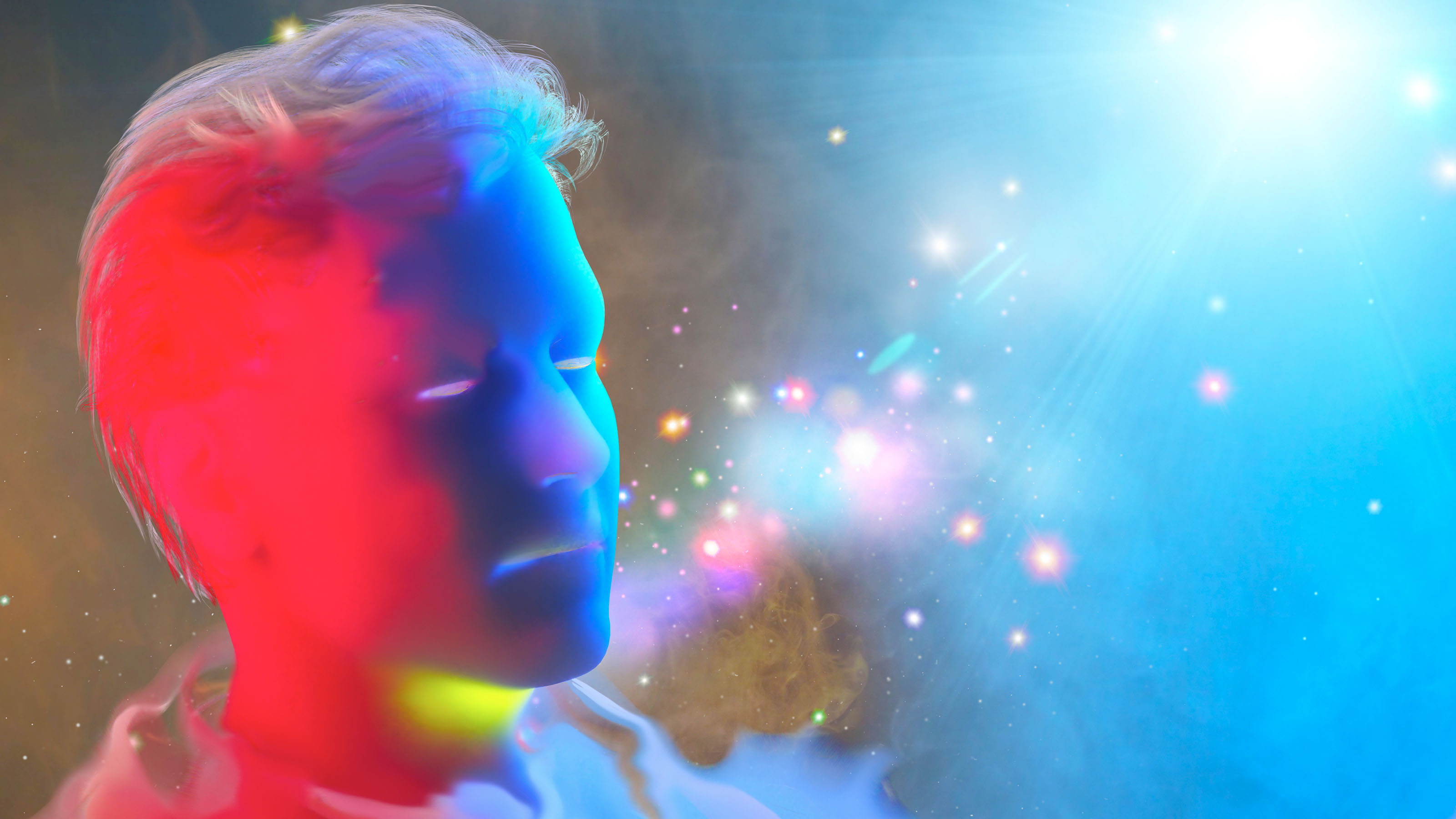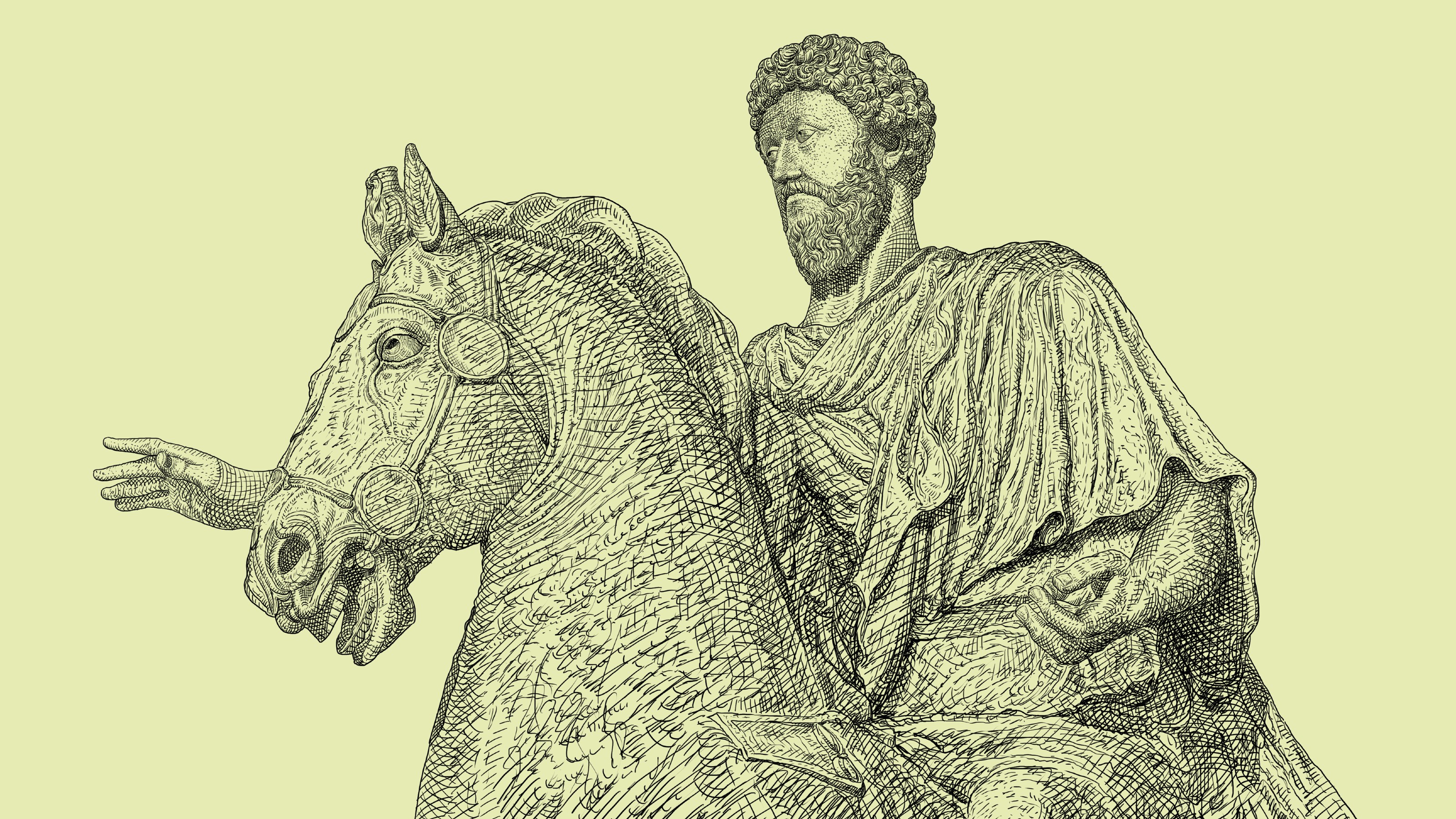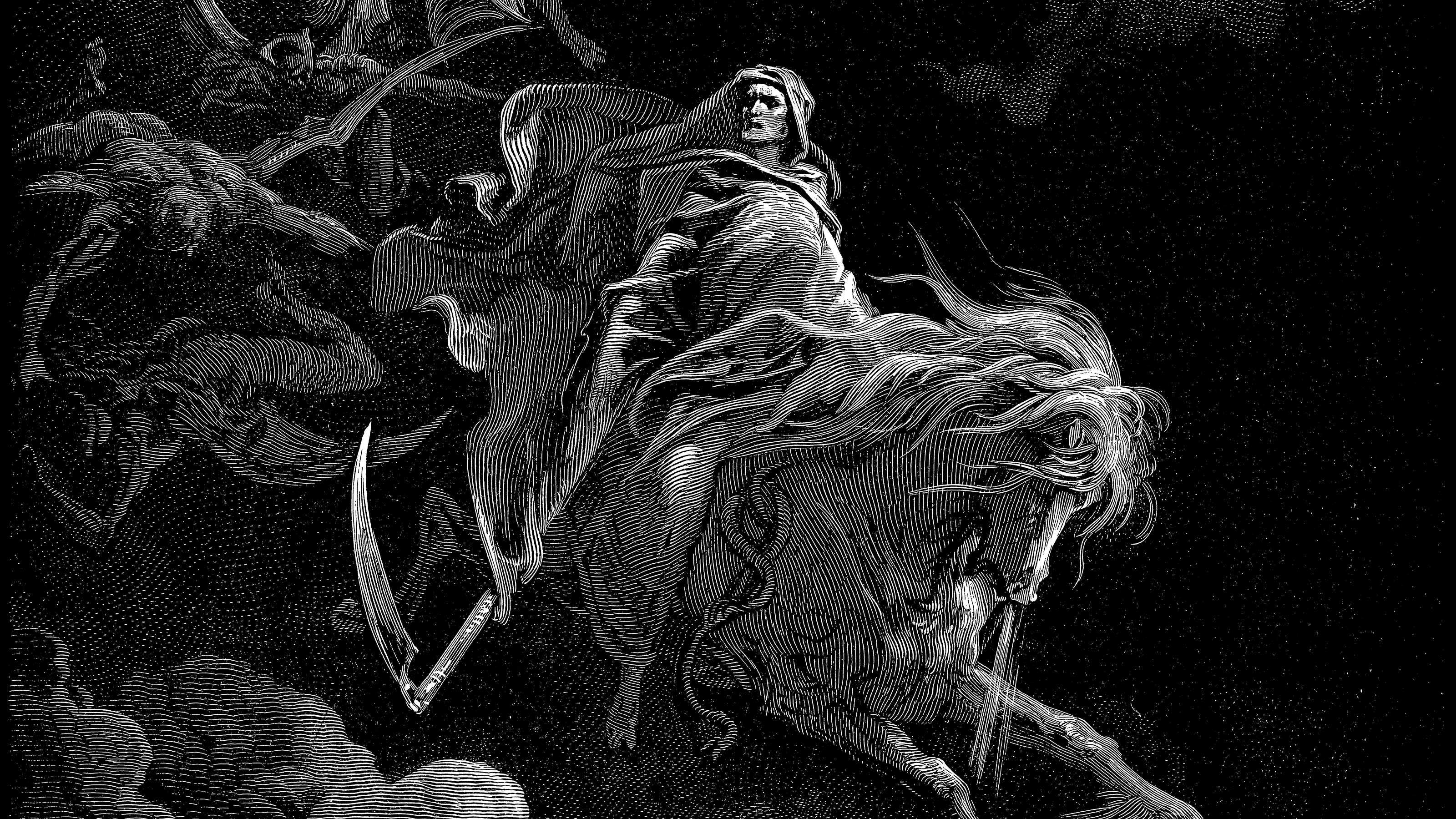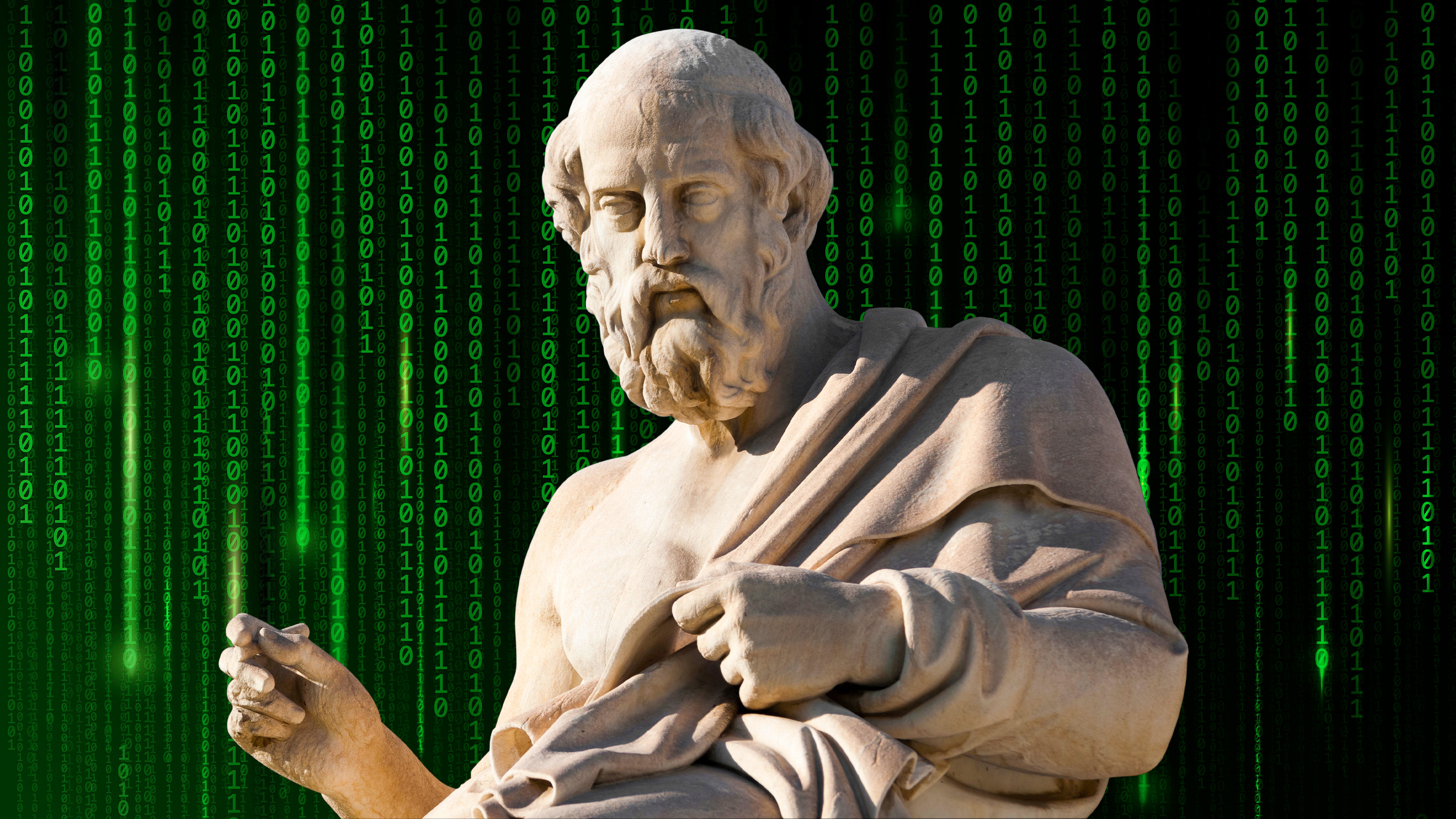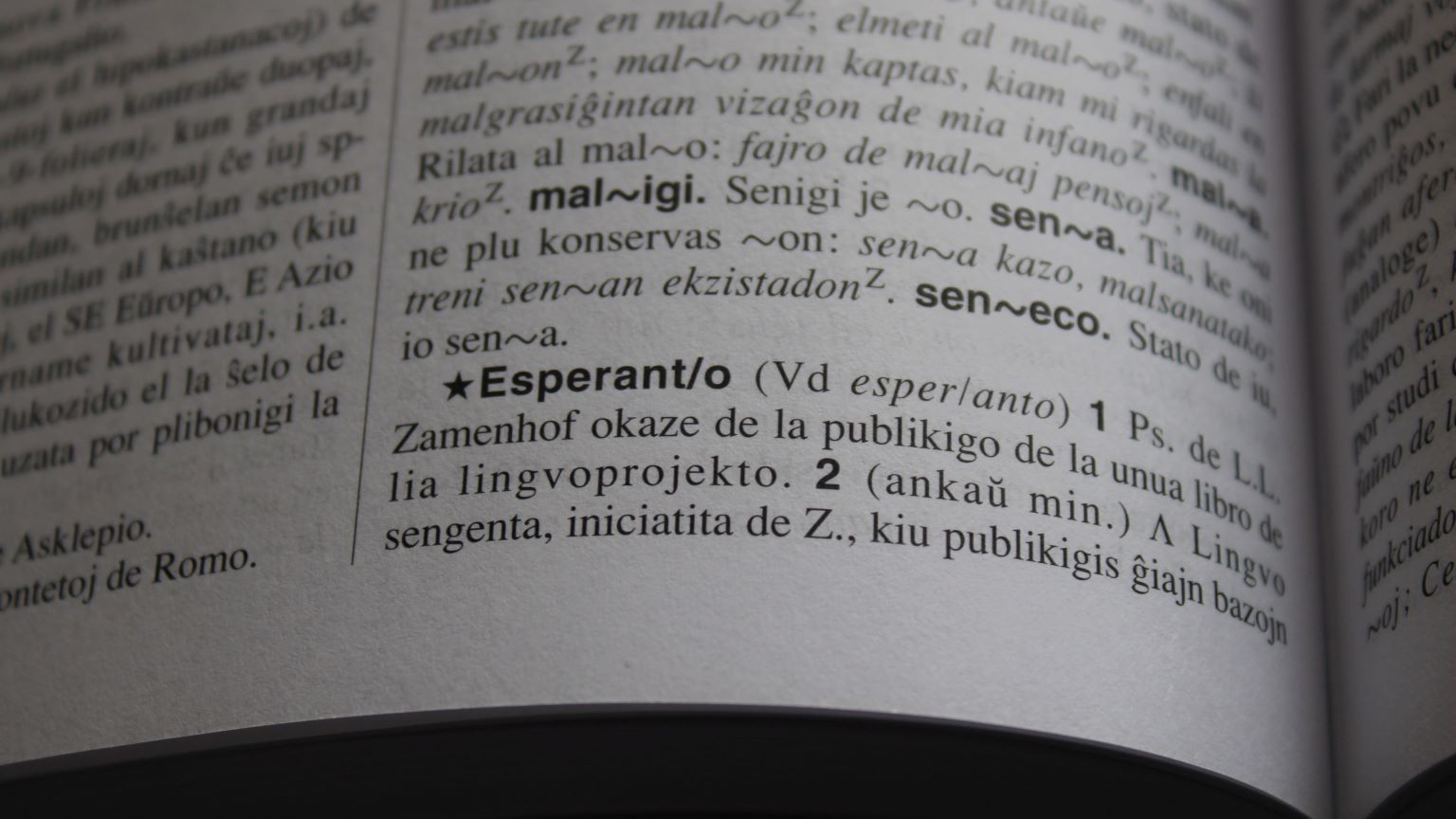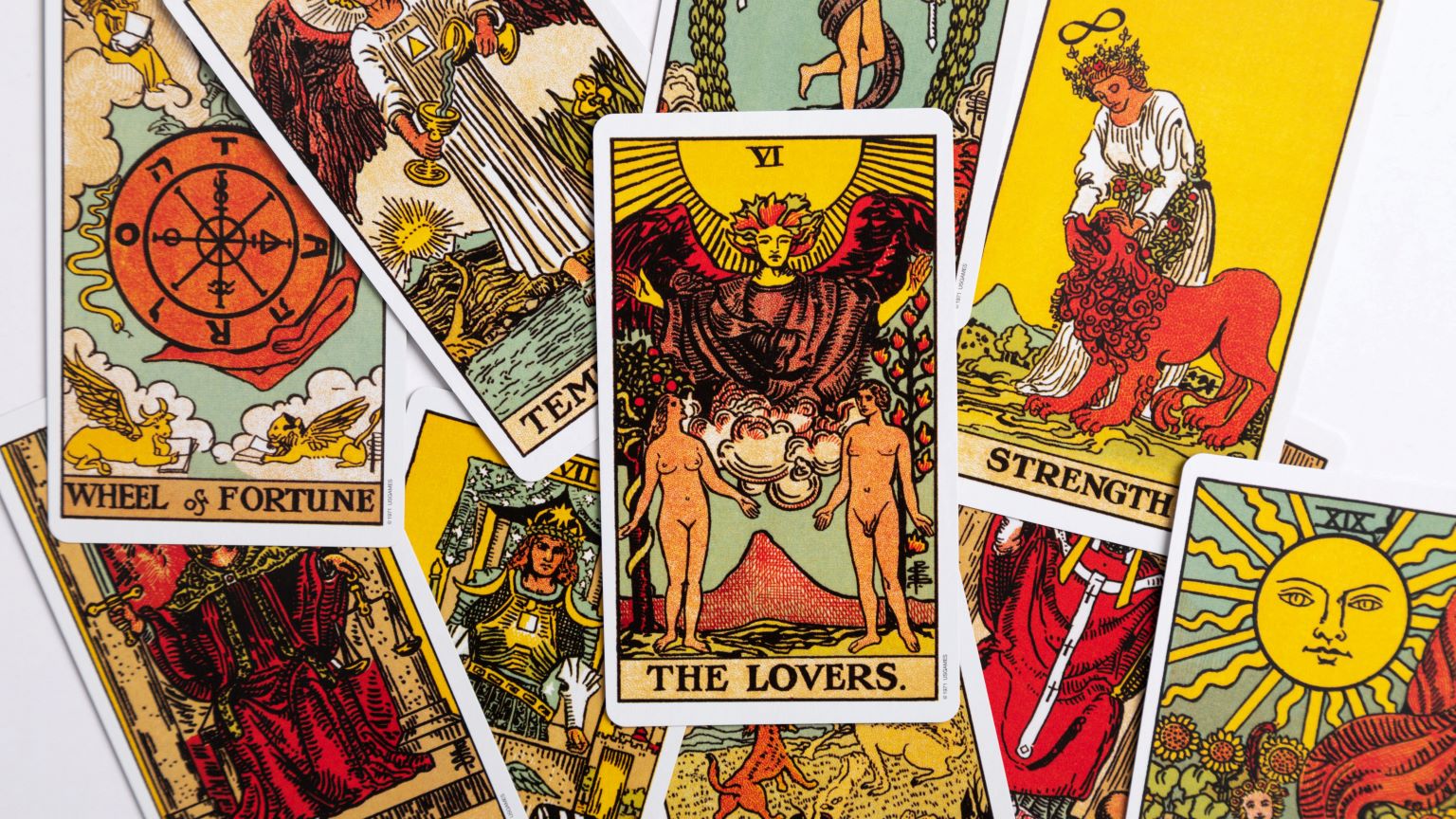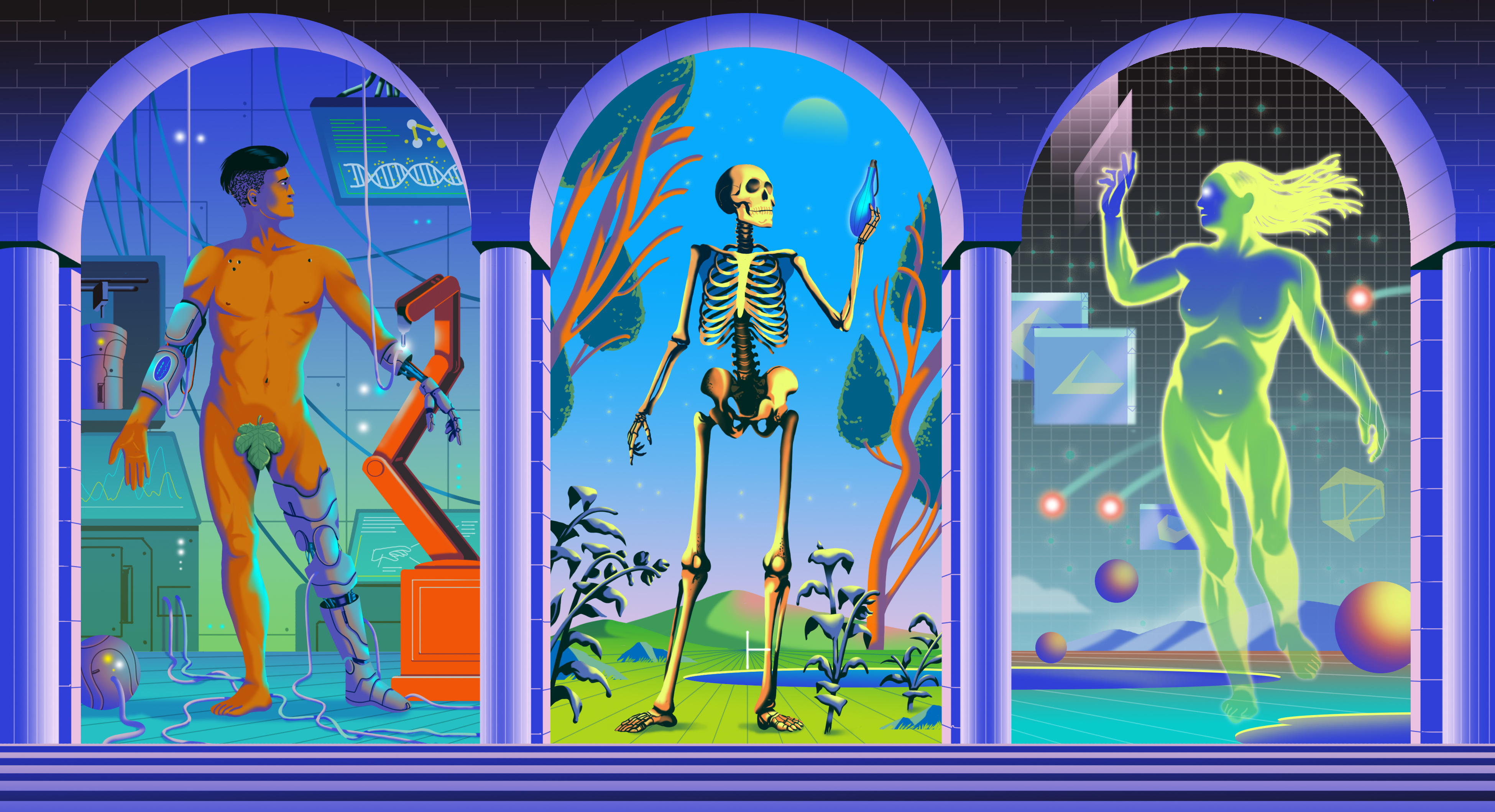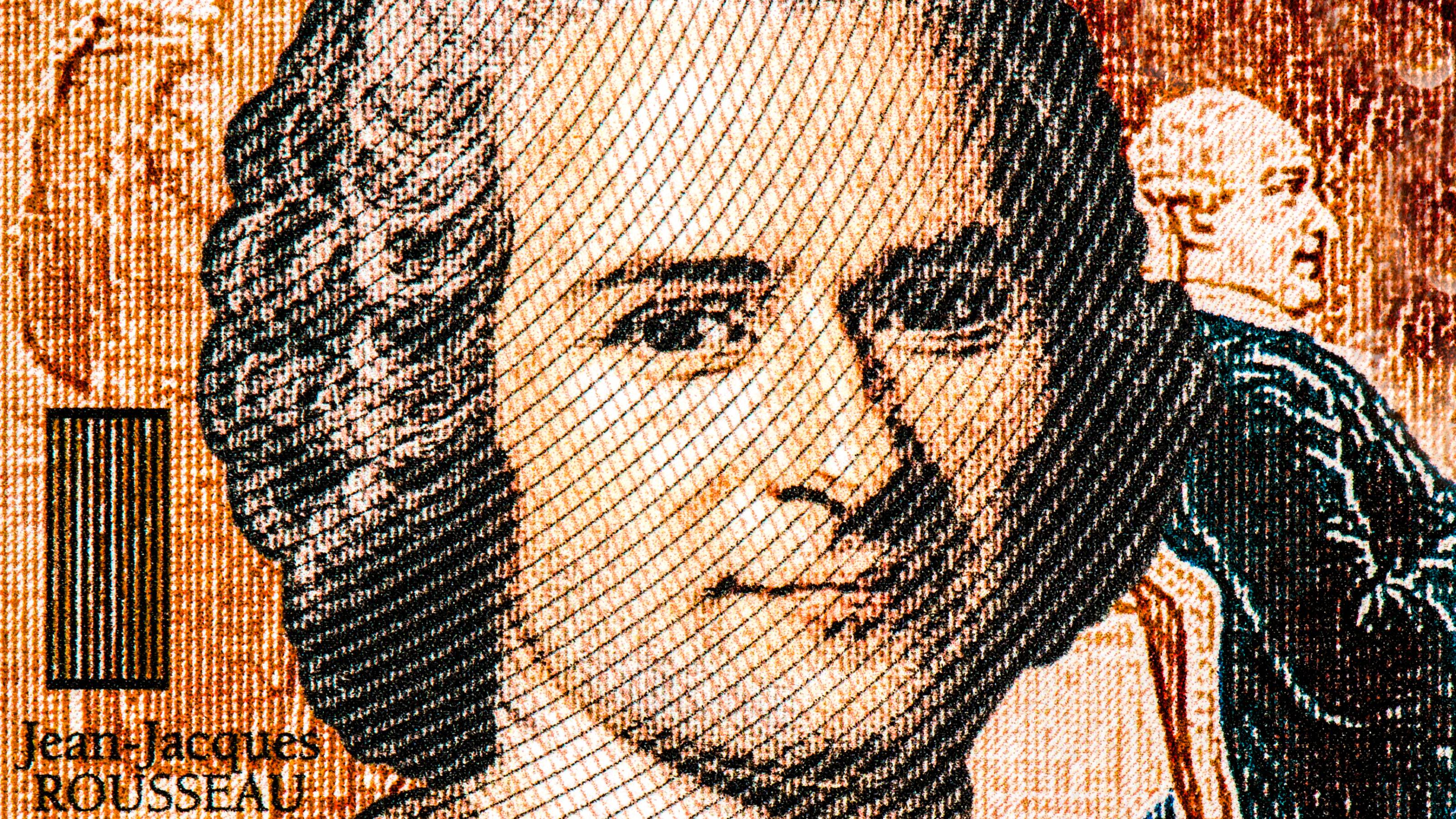philosophy
Following the advent of human space flight, NASA began naming missions after children of Zeus.
Each of us carries our own version of the Multiverse in our heads.
Some animals were even assigned their own lawyers.
The Greeks were among the first to move beyond “primitive money” and establish an official currency, transforming their trade, government, and even philosophy.
Quantum mechanics forces us to toss out the old, reliable ways in which we make sense of our everyday reality.
Be famous within five miles.
What’s the point of all that money?
The false assumption the Multiverse relies on is that something which exists requires an explanation.
Why, exactly, should you die for your child?
When justice isn’t tempered by something such as mercy, forgiveness, or nonviolence, efforts to make society more equitable often backfire.
Commodus lived the anti-Stoic life, pursuing lust, narcissism, and self-indulgence.
Reframing life in terms of death reveals some of the biggest philosophical problems with how we think about living systems.
Nietzsche both wished he was as stupid as a cow so he wouldn’t have to contemplate existence, and pitied cows for being so stupid that they couldn’t contemplate existence.
Can a shared language promote peace? Some people think so.
What we call “basic research” is actually the most cutting-edge. It underpins knowledge, and without it, technology does not come into being.
If Rome was not built in a day, why do you think you can be?
Just as there are many types of believers, there’s not only one type of atheist.
Evolutionary psychology could explain those otherworldly feelings.
There are two conceptions of free will: “straight” and “mixed.”
A second Enlightenment would have a far bigger task: Saving civilization itself.
Proponents of transhumanism make big promises, such as a future in which we upload our minds into a supercomputer. But there is a fatal flaw in this argument: reductionism.
Jean-Jacques Rousseau was a Swiss Enlightenment philosopher who praised a simple life and inspired the worst of the French Revolution.
Ideas often taken for granted in the United States and Europe about what it means to be a person are, quite simply, not shared with other cultures.
It’s not a huge leap to imagine we could target the biological processes that mediate our behaviours.
In the philosophy of Star Wars, the Sith are evil because they surrender to passion. But is a life of total rationality a “good” life?
Gradualism rejects the idea of a “bright line” in the abortion debate.
In the wake of the pandemic, the crystal industry boomed, with customers hoping the stones might relieve a little anxiety.
